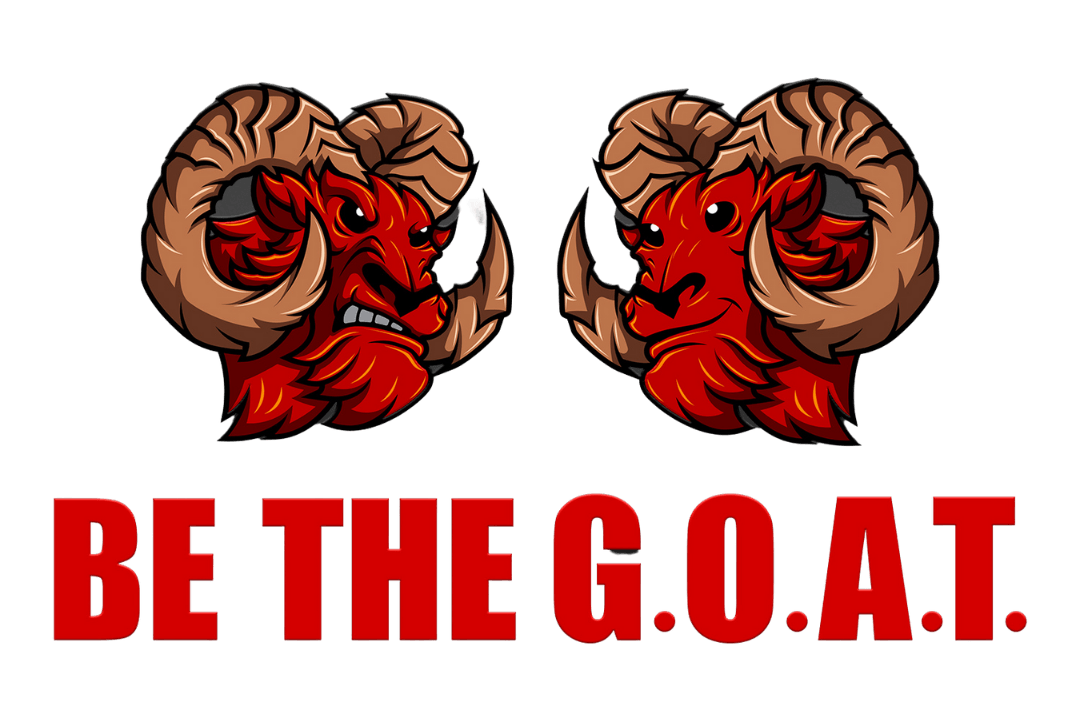Leadership in the Age of Disruption: Navigating Change and Uncertainty
Strategies and Shifts for Building Resilient and Adaptable Leadership.

In today's world, leadership is more important than ever, particularly in the age of disruption where change and uncertainty are the norm. Leaders who can effectively navigate these challenges are essential to the success of their organisations. In this blog, we will explore the key aspects of leadership in the age of disruption, with a focus on how leaders can embrace change and uncertainty to drive positive outcomes.
Try Before You Buy - Click HERE now to see the style and approach of the programme with a taster experience FREE OF CHARGE.
In recent years, disruption has become the new normal in the business world. The rise of technologies like AI and the COVID-19 pandemic have created a level of uncertainty that many leaders have never seen before. Navigating this uncertainty requires a different kind of leadership than what worked in the past. Today's leaders must be able to embrace change, anticipate disruption, and guide their teams through uncertain times.
The Importance of Embracing Change
One of the key aspects of leadership in the age of disruption is embracing change. Leaders need to proactively anticipate and respond to the changes brought about by AI, including shifts in consumer behaviour and new business models. However, embracing change can be difficult, particularly when it involves leaving behind traditional ways of doing things. To be successful, leaders need to be able to communicate the need for change to their teams, and create a sense of urgency around it.
Navigating Uncertainty
Another key aspect of leadership in the age of disruption is navigating uncertainty. Even minor disruptions can take a toll on both employers and employees. Leaders need to be able to effectively manage this uncertainty and provide their teams with a sense of direction. This requires a level of adaptability and flexibility that many leaders may not be used to. Leaders who can successfully navigate uncertainty are able to keep their teams focused on the big picture, while also being responsive to changing circumstances.
Effecting Positive Change and Impact
Leaders who can effectively navigate change and uncertainty have the opportunity to effect positive change and impact in their organisations. By embracing change and leading their teams through uncertainty, leaders can drive innovation, increase efficiency, and create new opportunities for growth. However, to do this, leaders need to be willing to take risks, challenge the status quo, and think outside the box.
Strategies for Leading Through Uncertainty
To be effective in the age of disruption, leaders need to develop specific strategies for leading through uncertainty. One such strategy is to focus on communication. Leaders need to be transparent and honest with their teams, while also providing clear direction and guidance. Another strategy is to be flexible and adaptable. Leaders who can pivot quickly in response to changing circumstances are better equipped to navigate uncertainty than those who are rigid in their thinking.
After analysing various articles on Leadership in the Age of Disruption, it is clear that leaders must possess certain traits to navigate change and uncertainty successfully. The ability to learn and grow, anticipate and respond to challenges, and adapt to change are key components of effective leadership. Additionally, humility, the willingness to correct mistakes, and effective communication with employees and peers are vital to leading in disruptive times.
Leaders must also rethink their roles and embrace new identities to navigate change effectively. Three key shifts are needed to achieve this, including rethinking one's role, crafting new identities, and finding new meaning for themselves and those they lead. The six essential intelligences for smart leadership include contextual intelligence, which involves anticipating and responding to changes in the environment.
Finally, leaders must understand that adaptability is key to surviving and thriving in disruptive times. Darwin's theory of evolution states that the most adaptable to change are the ones who survive, and this applies to leadership as well. Leaders must be able to navigate technological changes, market changes, and disruptive business models.
To lead effectively in the age of disruption, leaders must possess certain traits such as adaptability, humility, effective communication and the ability to learn and grow. They must also embrace new roles and identities, possess contextual intelligence, and be willing to navigate technological and market changes. By doing so, they can successfully navigate change and uncertainty and lead their organisations to thrive in disruptive times.
We will develop your sales and leadership skills without trying to change the person you are. Click
HERE now and speak to one of our team today about how we can support you and your organisation.










